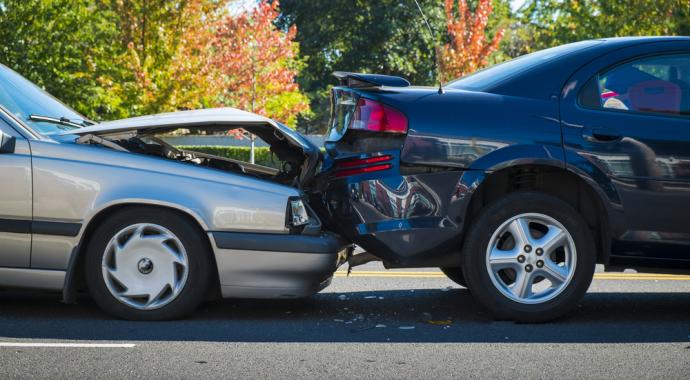
You need an emergency fund!
It will keep you financially prepared in a crisis that will likely ask a lot of your energy without counting in the financial factor. Another reason is that being in control of rare eventualities gives a lot of people a sense of accomplishment and security as opposed to a nagging feeling of fear because you're not really prepared.
What are financial emergencies? Any amount needed to be covered that is not already covered by a budget category or insurance.
True emergencies are situations that arise unexpectedly and are not already covered in your usual budgeting process. Therefore, a credit card bill is not an emergency. It should be taken care of by using regular budget processes. A true emergency is losing a job and the income that comes from it. A sample of a true emergency is a medical emergency, not covered by medical insurance, that costs thousands of dollars out of pocket.
How much do you need?
The recommended amount is usually a total of 3-6 months take home pay. And while in the beginning, this is a daunting task you need to keep in mind that this is considered a long-term goal. Just like Rome wasn't built in a day. In fact, emergencies usually only happen a few times during a lifetime. If all other savings and expenses are properly budgeted for, they will take care of themselves.
How do I set up an emergency fund?
- Take your monthly take home pay and multiply it by 3, 4, 5 or 6 to get a grand total of how much is desired to be in the fund. (5 is a pretty good number)
- Take that number and divide it by a number of years (5-10) times 12 (aka the overall number of months) to figure out how much per month needs to be saved.
Example:
1 month take home pay is $3,000.
$3,000 x 5= $15,000.
Then try a 5-year savings plan. $15,000 divided by 60 (5yr x 12 mon) = $250 per month
Too much? Apply a slightly longer time frame:
Try a 7-year savings plan. $15,000 divided by 84 (7yr x 12 mon) = $175 per month
It is still a lot but it is a personal insurance policy against real emergencies. Also, if you were to have an emergency after 4 years, you would have built up fund worth around $8,400 plus interest. It will help weather the financial storm much better than having nothing. Having nothing means a loan and a loan means interest and a loan is a pain.
Note: It may take several attempts to find a value that is possible or reasonable.
Where to invest your emergency fund?
It must be mentioned that the funds should be put away in a safe place, not easily accessible. Putting the funds into GICs or ETFs makes it a bit tougher to get at. The funds could also be put into a joint account that needs two or more signatures to get at them. These methods make sure the funds will really be there when the need arises.
+++link to our Emergency Planner+++ - should this be here???
